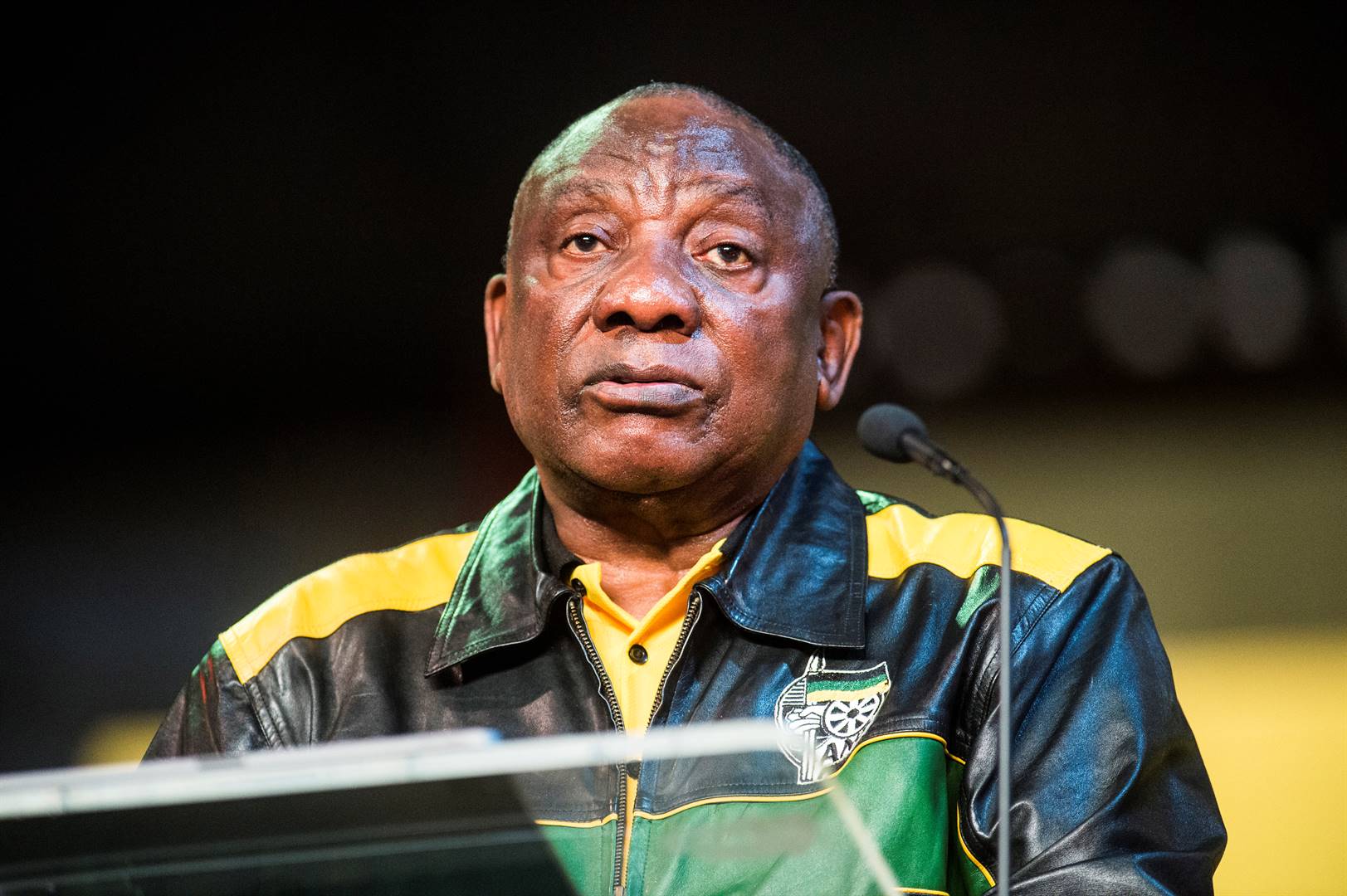POSB to be parceled out to scammers who promised billions

EMBATTLED: President Emmerson Mnangagwa
President Mnangagwa and his AG Virginia Mabiza accused of instructing a shady POSB sale to “scammers” who promised billions
President Emmerson Mnangagwa and Attorney-General Virginia Mabiza are facing accusations of railroading the sale of the state-owned People’s Own Savings Bank (POSB) to a consortium of “investors” with questionable credentials, raising serious concerns about potential fraud, money laundering, and abuse of power. Documents seen by ZimLive and The NewsHawks, and also shared with political activist Jealousy Mawarire, reveal a deal allegedly driven by the irresistible lure of billions of United States dollars, despite warnings from key advisory bodies, The News Hawks has reported.
At the heart of the controversy is a company called Hebrew Investment Group (HIG), fronted by pro-Zanu PF cleric Morris Brown Gwedegwe, a controversial figure with a history in the New Independent Church of Zimbabwe, the Anglican Church, and as a former member of the Defence Forces Service Commission under the late Robert Mugabe. Mnangagwa, allegedly using Mabiza as his legal conduit, is accused of ordering the sale of POSB to this entity, even directing that the bank’s vaults be opened to HIG representatives without proper due diligence – a move that critics say puts the savings of ordinary Zimbabweans at grave risk.
The President’s alleged enthusiasm for the deal appears to stem from the promise of a US$70 million capital injection into POSB and a staggering US$6 billion loan to the government, a sum that many find unrealistic given Zimbabwe’s debt profile and economic challenges. Concerns are further amplified by the fact that HIG lacks a corporate website and its executives appear to be shadowy figures with unverifiable credentials.
POSB plays a crucial role in Zimbabwe’s financial system, processing a significant portion of civil servant salaries and distributing US-dollar allowances to pensioners. It also provides salary-based overdrafts and loans to government employees. The potential implications of a poorly vetted sale are therefore far-reaching.
Despite advice from the Zimbabwe Investment and Development Agency (ZIDA) and the Mutapa Investment Fund (MIF), Zimbabwe’s Sovereign Wealth Fund which now oversees POSB, Mnangagwa is allegedly determined to push the deal through, bypassing standard public tendering processes and corporate governance procedures. Critics argue that this lack of transparency raises serious questions about the integrity of the transaction.
Instead of a public process to invite bids for POSB, Mnangagwa – through attorney general Virginia Mabiza – handpicked Hebrew Investment Group as the investment partner.
Under the terms of the deal, Hebrew Investment Group will take up 70 percent shareholding in POSB by contributing US$70 million of the US$100 million required to capitalise the bank.
The government of Zimbabwe will remain with a 10 percent stake financed through existing POSB assets while the other $20 million for a 20 percent stake will come from private individuals.
A joint venture agreement signed between Mabiza and Hebrew Investment Group CEO Professor Emile Kue on December 18, 2024, also says Hebrew Investment Group will advance the government of Zimbabwe a US$6 billion loan to be repayed over 30 years.
The loan will attract interest of 0.3 percent per annum and it is to be repaid through the government’s dividends from its POSB shareholding.
In a 13 February 2025, letter to the POSB chief executive and board, Mabiza introduced Hebrew Investment Group as “our joint venture partners with the government of Zimbabwe in support of President E.D. Mnangagwa’s socio-economic development plan.”
Mabiza said Hebrew Investment Group representatives Gwedegwe, CEO Kue and the company’s vice president Professor Israel Kodiaga would visit POSB on a familiarisation tour.
She directed POSB to, among other things, allow for a “first hand examination of the bank’s vaults which are intended to be used for direct monetisation by the Hebrew Investment Group.”
Documents show that Mabiza has directed POSB to facilitate the introduction of HIG, arrange the familiarisation tour, operationalise the joint-venture agreement, and, most controversially, allow for a “first hand examination of the bank’s vaults which are intended to be used for direct monetisation by the Hebrew Investment Group.”
The POSB board, appointed last year by MIF chief executive John Mangudya, former Reserve Bank of Zimbabwe (RBZ) governor, is now caught in the middle of this storm. The board is chaired by Kenias Mafukidze, who is also chief executive of Trevor Ncube’s privately-owned media house, Alpha Media Holdings (AMH).
Critics argue that Mafukidze’s dual role creates a significant conflict of interest, compromising the independence of AMH, which should be acting as a watchdog over state-owned enterprises like POSB. By sitting on a board of a state-owned enterprise as chairman when he is chief executive of a privately-owned media organisation, Mafukidze, who also sat on the parastatal National Railways of Zimbabwe board, rendered himself badly compromised – just like Ncube when he became Mnangagwa’s public relations hack as an independent media owner after the November 2017 coup which brought the President to power; attracted by business and financial interests.
In the process, Mafukidze has deeply conflated interests of a state entity and a private media house which should be playing a watchdog role over state-owned enterprises, exposing such sort of underhand deals and potential corruption, to ensure accountability, not entangled in state patronage arrangements and the feeding trough.
The backgrounds of HIG’s key figures have also come under scrutiny. Gwedegwe is a former Anglican bishop who was reportedly removed from his position due to allegations of embezzlement. Last year, the Zimbabwe Council of Churches distanced itself from him after he attended the Zanu PF annual conference in Bulawayo, claiming to represent the council.
Not much is known about Professor Emile Kue. A native of Ethiopia, he is described online as the president of the National Association of Hebrews in the United States, based in Texas.
A website under development also links him to a “Proposed Hebrew Federal Credit Union… designed to control the US$1.9 trillion spending power of the black community in the United States for the future of the next generation.”
Professor Kodiaga, meanwhile, is a Kenyan national who says on his LinkedIn that he is the director general of African affairs at Global Unification International based in Queensland, Australia.
He says he provides “leadership, co-coordinating research, training and consultancy on African governance, peace and security architecture” in the role.
A Google search for “Hebrew Investment Group” yielded no results.
Social activist Jealousy Mawarire claims the new POSB investors are “bogus” and says Mnangagwa’s role in the transaction smacks of corruption.
“One guy is a bogus investor in the United States (Prof Kue) who set up Twitter and Facebook accounts in 2020 which are inactive, and he gets a presidential directive written in his name and bank vaults are opened to criminals,” Mawarire said in an interview with HStv
“The president has a finance minister, but he instructs the establishment of parallel structures.
“If the president did not apply his mind before authorising this transaction, it speaks volumes of his cognitive state. It means he is no longer fit for office.”
A former RBZ Financial Intelligence Unit official said:
“When were we at RBZ, we received these sort of things every now and then. They came from different individuals or groups typically targeting government, financial institutions, and investors with promises of large-scale investments or loans.
Their true intentions, however, are to launder money, commit fraud, or engage in other illicit activities. I remember the late Harare minister of state Oliver Chidawu once fell for such a deal and came to the RBZ with it. We helped him to stop falling into the trap of international scammers, money launderers and fraudsters, but not before he lost hundreds of thousands of dollars.”
The Reserve Bank of Zimbabwe (RBZ) has attempted to downplay the controversy, with Governor John Mushayavanhu issuing a statement claiming that the central bank has not received any application for the purchase of POSB and that any purported sale would require the authority of the Registrar of Banks and Exchange Control.
However, Mushayavanhu’s bald denial did not address facts and issues attendant to the deal which is still at negotiation stages.
The RBZ is not yet involved as the regulator because the “investors” still wants to see the asset – including opening the banks’ vaults – and make a decision to invest or not.
After that, regulatory processes would then kick in if the deal is going ahead.
While Mushayavanhu says this is false, he does not explain official communication and the ongoing negotiations involved, leaving his response as nothing short of shooting from the hip or shooting in the dark.







